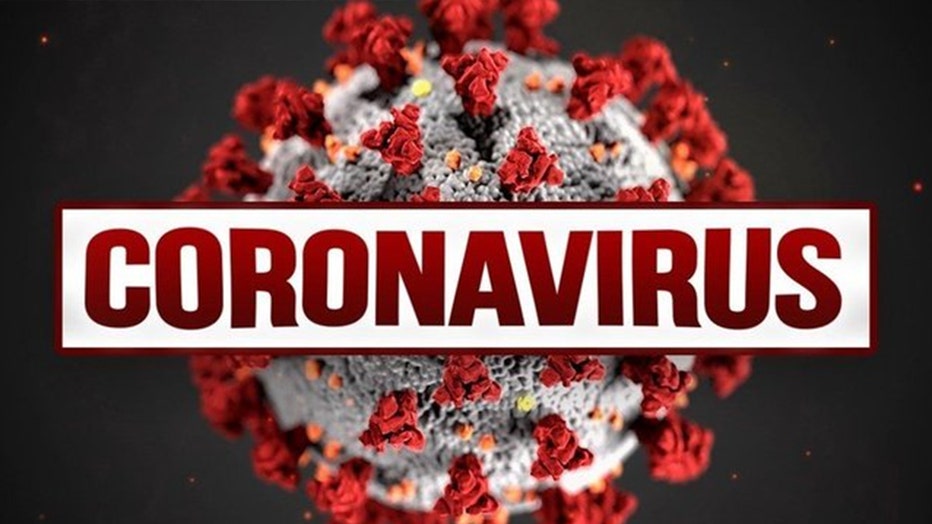Researchers think COVID-19 could affect heart and brain, along with lungs

COVID-19 believed to cause heart, brain problems in some
Some COVID-19 patients are experiencing heart problems and the brain could also be impacted, health officials say.
ALTAMONTE SPRINGS, Fla. - If nothing else has become clear about COVID-19, it’s that the illness is hitting the lungs of patients hard, making them short of breath and even forcing some onto life-saving ventilators for care.
However, a growing number of doctors are now looking at how the virus may be hitting elsewhere in patients.
"We're seeing a growing piece of evidence that it can also lead to severe cardiac complications as well,” said Northwestern University Cardiologist Dr. Robert Bonow.
The mystery of COVID-19’s effects on the heart are quickly being noticed in hospitals across the country with reports of patients sick with the illness going into cardiac arrest.
Dr. Bonow said it’s not unusual for bad illnesses to affect the heart.

He points out that even an illness like the flu can cause stress on the cardiovascular system of some patients and lead to complications.
"But COVID does some other things that are kind of unique to COVID which is really alarming,” Bonow said.
Too put it simply, Bonow points to up-close pictures of the virus that have been show on TV for months now.
In every picture, the round virus is surrounded by little "fingers" of sorts that Bonow says attach to the lungs and cause the problems that the virus presents.
Well, he says it appears they can attach to the blood vessels, too.
"That can cause problems for the arteries, arteries in your heart. It can lead to heart attacks. It can cause clots,” he said.
Bonow said very concerning is the potential for that to infect the muscles in the heart and cause problems.
The heart and lungs may not be the only at-risk organs though.
Some doctors also think the brain may be a target of coronavirus.
"We have seen that certain viruses can affect the brain, including those like coronavirus,” said University of Florida Neurologist Dr. Chris Robinson.
Robinson said, in his studies, the same receptors the virus targets in the lungs exist in the brain, too, and he thinks the illness could be latching on there for some patients as well, pointing to past illnesses like SARS and MERS that have had similar complications.
Robinson said that could explain the loss of smell and taste that a number of COVID-19 patients report.
More concerning though, he thinks it could lead to strokes for some patients, an issue he said colleagues in Italy have noticed since the start of the crisis.
"In fact, the American Stroke and American Heart Association released guidelines three days ago that patients that present to the emergency department with an acute stroke shouldn't be ruled out for COVID-19,” Dr. Robinson said.
Of course, with COVID-19 still so new, doctors say all of these possible effects still require more study and peer review.
However, Dr. Bonow said if nothing else, the possibility of these links shows the need for those with pre-existing conditions to isolate and avoid the illness at all cost.

